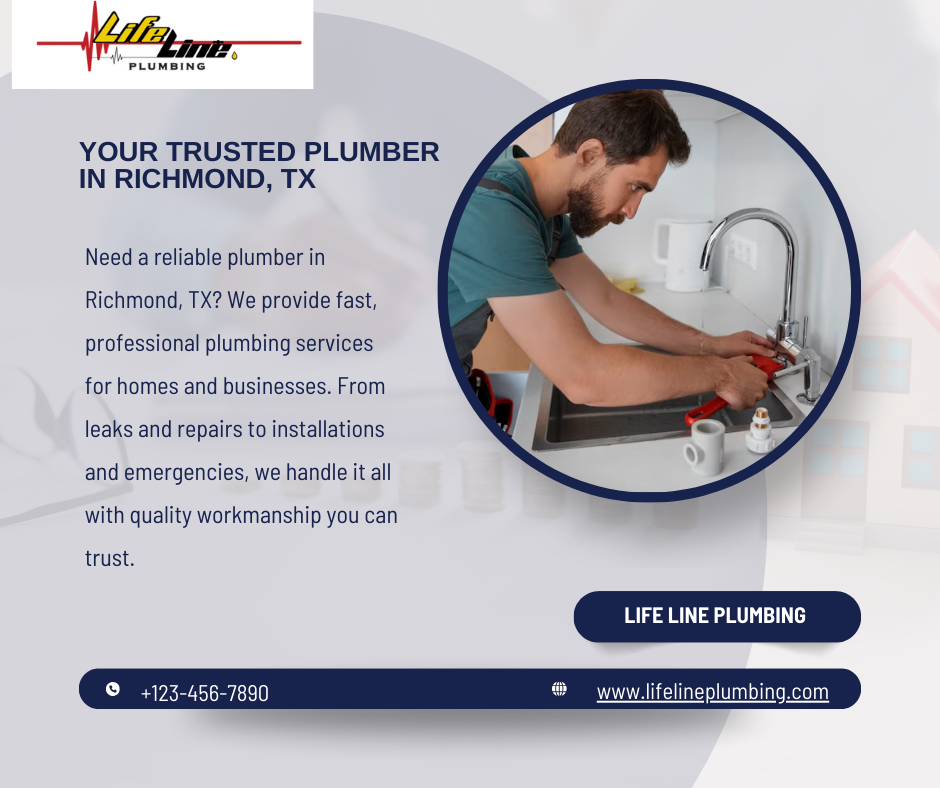
Description
Air cooled heat exchangers have revolutionized the way industries approach cooling by offering a low-maintenance and cost-effective alternative to water-based systems. These systems use ambient air to remove excess heat from process fluids, making them an ideal choice for industries that face water access challenges or aim to reduce their environmental impact. Unlike traditional cooling towers or water-cooled systems, air cooled heat exchangers eliminate the need for complex plumbing, water treatment, and continuous water supply, drastically cutting operational costs and simplifying maintenance routines. The design of these exchangers typically includes finned tubes and axial fans that facilitate efficient heat transfer and air movement, even under high thermal loads. This passive cooling mechanism also reduces the risk of scaling, corrosion, and microbial growth, which are common issues in water-cooled setups. The benefits extend beyond operational ease—air cooled heat exchangers free up valuable space, operate quietly, and offer long-term reliability in tough industrial environments. Whether in oil fields, power plants, or chemical manufacturing units, the versatility of these systems ensures optimal performance across various applications. They also align well with automation and remote monitoring technologies, enabling predictive maintenance and real-time performance tracking. With growing pressure to adopt greener processes and cut utility expenses, air cooled heat exchangers emerge as a future-ready solution that meets technical demands while addressing sustainability concerns. Their adaptability, combined with minimal mechanical wear, ensures uninterrupted production and lower total cost of ownership. As energy costs rise and water conservation becomes critical, investing in air cooled heat exchangers is a strategic decision that guarantees both economic and environmental dividends for forward-thinking enterprises worldwide.







Write a comment ...